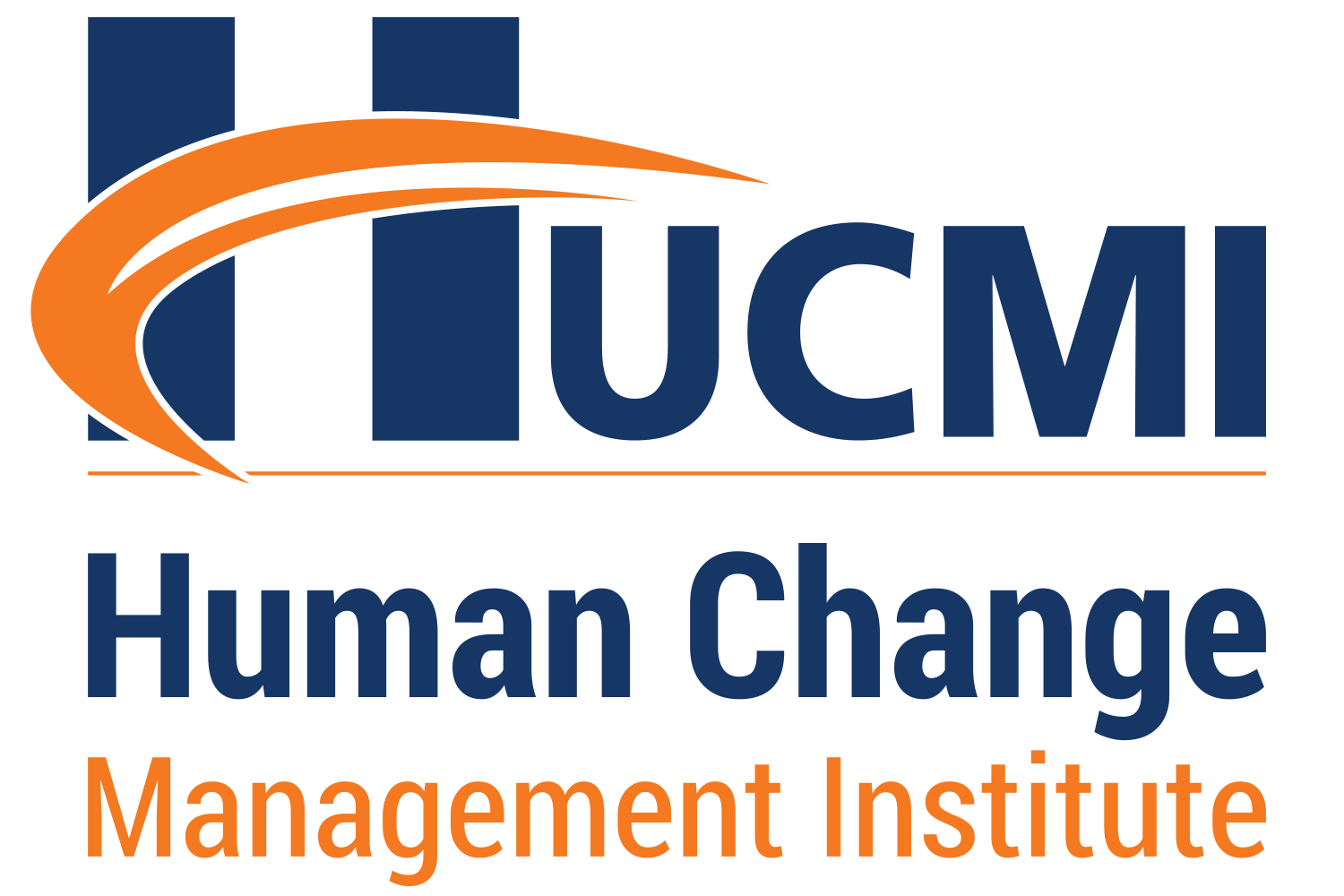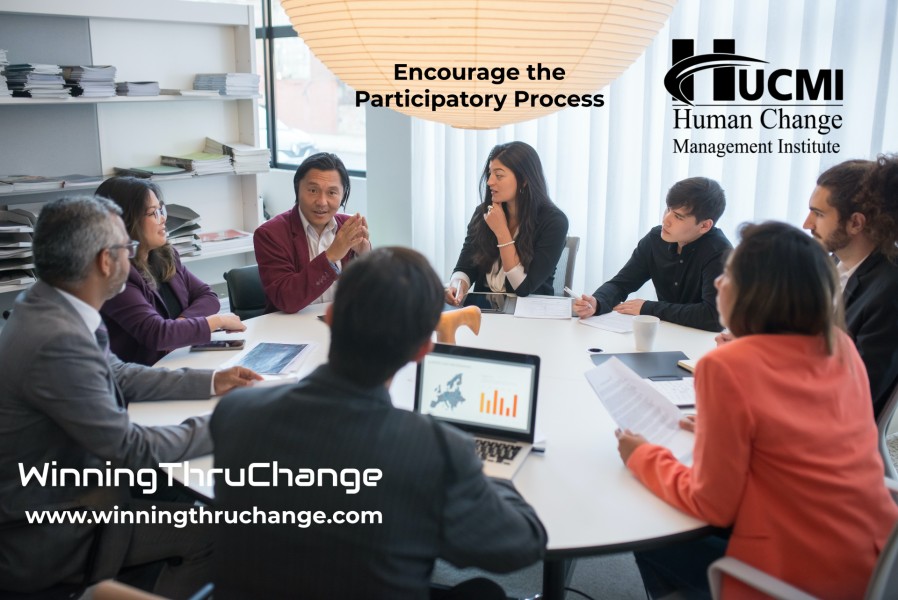Organizational Change Management in an Agile Environment necessitates a dynamic and adaptable approach that can quickly adjust to market developments, client preferences, and technological advancements. However, managing change in a fast-paced environment can result in disagreements and contentions that hamper development and have severe consequences.
Conflict is a natural characteristic of human nature and is not always a bad thing. In fact, opposing viewpoints on the same topic can result in a far superior third choice than the first two. However, how disputes are handled, and especially the emotional maturity of those involved, will be critical factors in determining whether or not disagreements can be used to find the best solution.
The Agile approach facilitates collaboration, transparency, and openness, all of which are important in handling conflicts. The Agile framework encourages continuous improvement by encouraging team members to provide and receive feedback on their work. This feedback method can be used to address problems early on and keep them from becoming serious concerns.
Establishing a safe space for team members to voice their opinions and perspectives is one strategy to manage conflicts in an Agile environment. The team leader or facilitator should foster an environment in which team members feel free to speak out and share their ideas. This can be accomplished by holding regular team meetings in which all team members are encouraged to participate and their opinions are appreciated.
It is also critical to foster active listening during team meetings. Team members should be encouraged to listen carefully to one another and grasp the other person’s point of view. Active listening aids in the clarification of misunderstandings, the reduction of tensions, and the promotion of mutual understanding.
To resolve conflicts, it is essential to adopt effective communication skills in addition to attentive listening. Clear and straightforward messaging, the use of the appropriate words and tone, and the use of nonverbal cues to show empathy and understanding are all components of effective communication.
Last but not the least, emotional maturity plays a significant role in managing conflicts in an Agile Environment. Team members should be encouraged to develop emotional intelligence, which involves self-awareness, self-regulation, motivation, empathy, and social skills. Emotional intelligence helps team members to manage their emotions and responses effectively, especially in high-pressure situations.
To address such challenges, the Human Change Management Institute (HUCMI) has developed the Human Change Management Body of Knowledge® (HCMBOK®) methodology. This approach is highly flexible and can be tailored to meet specific organizational needs. Currently, more than 7,000 professionals from 1,600 organizations across 50 countries have been certified in the HCMBOK® methodology by HUCMI®.
The HCMBOK® To Agile addresses the needs for managing change in an Agile environment.
WinningThruChange (www.winningthruchange.com) is an authorized training partner for HUCMI® in India, Sri Lanka, Bangladesh, Middle Eastern & ASEAN Countries.
Want to learn more about HUCMI’s international training and certification programs? Visit us on: https://hucmi.com/gestao-de-mudancas-treinamento-e-certificacao/
Follow us: https://linktr.ee/hucmiinter
By Ramana S R

